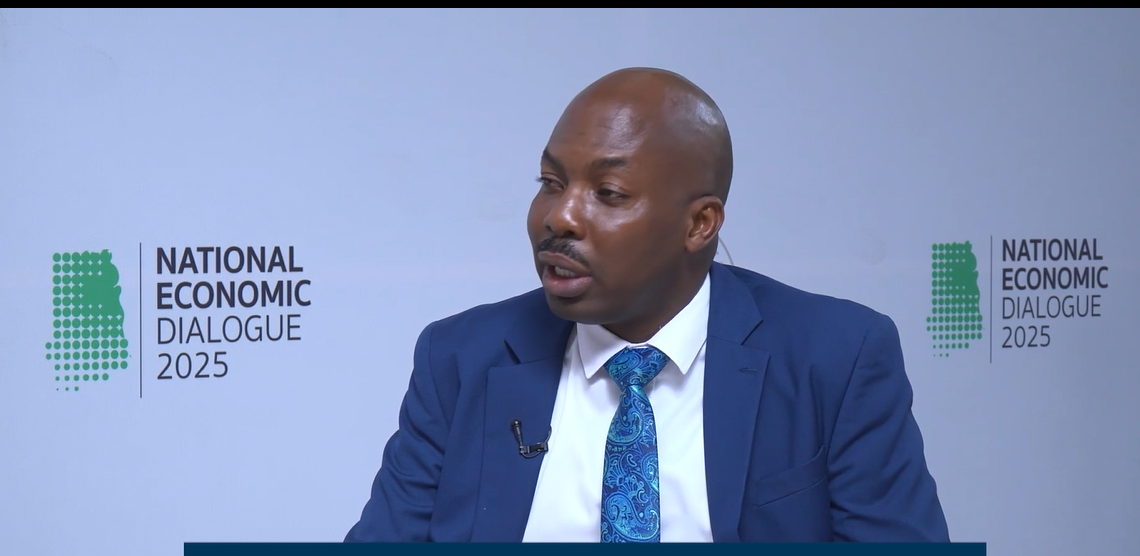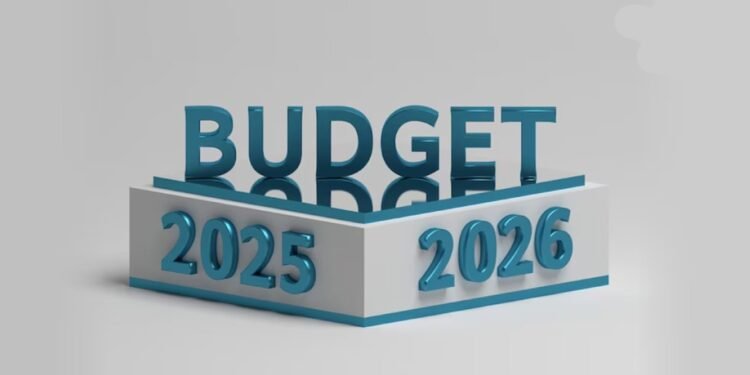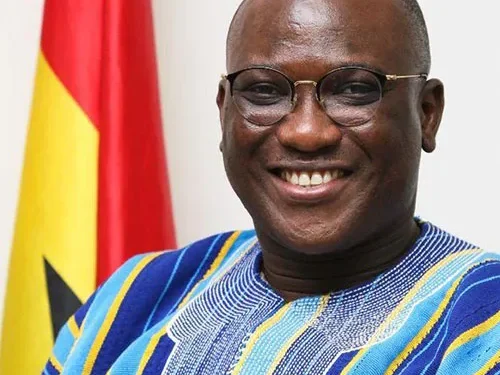The Independent Power Generators Ghana (IPGG) has thrown its weight behind the government’s newly approved GH¢1 Energy Sector Levy, calling it a “pragmatic and forward-looking measure” aimed at stabilizing the country’s struggling electricity sector.
In a statement issued by Dr. Elikplim Kwabla Apetorgbor, Chief Executive Officer of IPGG, the organization emphasized that the levy, though burdensome to consumers, is a necessary step to prevent the collapse of Ghana’s power ecosystem.
“The introduction of the GH¢1 levy is a necessary and time-sensitive policy intervention.
“It offers a path toward restoring financial credibility and stability to a power delivery ecosystem that is currently under immense strain.”
Dr. Elikplim Kwabla Apetorgbor, Chief Executive Officer of IPGG
The organization welcomed the Energy Sector Levy (Amendment) Bill, 2025, which was passed by Parliament on June 3.
The levy imposes an additional GH¢1 charge on every litre of petroleum product sold in Ghana and is expected to generate critical funding for the country’s energy sector, which is reportedly saddled with over US$3.1 billion in debt.
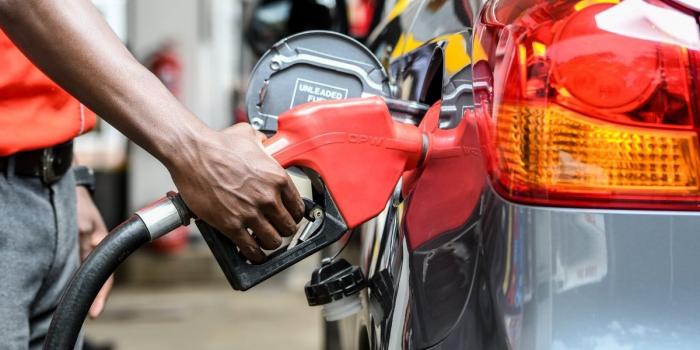
According to the IPGG, the entire electricity value chain — from power producers to fuel suppliers — is buckling under the weight of mounting debts, deteriorating infrastructure, and payment delays.
The group pointed out that these challenges stem not just from inadequate revenue, but also from poor financial governance and the mismanagement of previous energy sector levies, bond proceeds, and loans.
“Funds earmarked for the settlement of legacy debts and restoration of financial health were not applied with the discipline, transparency, and accountability that the sector required.”
Dr. Elikplim Kwabla Apetorgbor, Chief Executive Officer of IPGG
The consequence of this misapplication, the statement noted, is that Independent Power Producers (IPPs) now face serious difficulties in maintaining their assets, securing timely fuel supplies, and meeting operational costs. This situation not only threatens electricity reliability but also jeopardizes national energy security.
A Strategic Energy Sector Lifeline
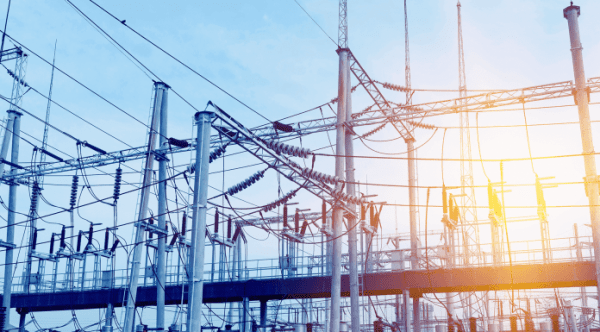
While acknowledging the economic hardship many Ghanaians are facing, the IPGG argued that the new levy must be viewed as a strategic lifeline for the power sector.
“We commend the current administration for taking responsibility and initiating decisive, corrective actions.
“If properly ring-fenced, monitored, and applied transparently, the GH¢1 levy can serve as a credible instrument for restoring liquidity and investor confidence in the power sector.”
Dr. Elikplim Kwabla Apetorgbor, Chief Executive Officer of IPGG
The IPGG called on all stakeholders, including consumers, to support the measure in good faith, highlighting that the risks of inaction — including rolling blackouts, plant shutdowns, job losses, and reduced national productivity — are far more damaging than the levy itself.
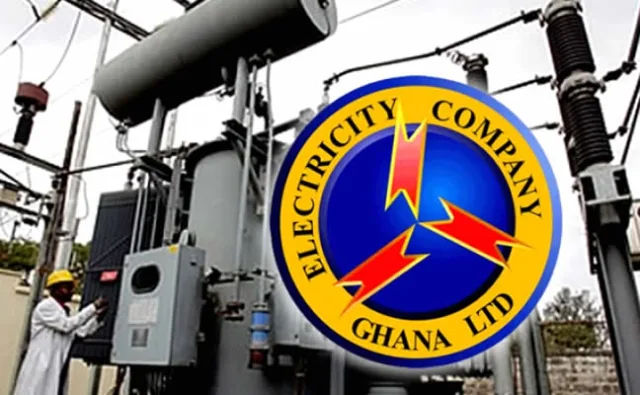
“Ensuring a stable and resilient electricity supply is a shared responsibility that requires collective sacrifice and institutional accountability.
“We stand ready to work with government and stakeholders to place the sector on a path of financial sustainability, operational efficiency, and long-term resilience.”
Dr. Elikplim Kwabla Apetorgbor, Chief Executive Officer of IPGG
This endorsement by IPGG stands in contrast to sharp criticism from some consumer advocacy groups, such as the Chamber of Petroleum Consumers (COPEC) and the Africa Sustainable Energy Centre (ASEC), which have described the levy as punitive and poorly timed.
Despite the controversy, analysts agree that Ghana’s energy sector is at a tipping point. The country’s reliance on independent power producers for a significant portion of its electricity generation has heightened the need for sustainable financing models.
As such, how the government manages the proceeds from the new levy may determine the success or failure of ongoing reforms in the sector.
READ ALSO: Governor Asiama Targets Lending Rate Below 10% Within Next 4 Years



